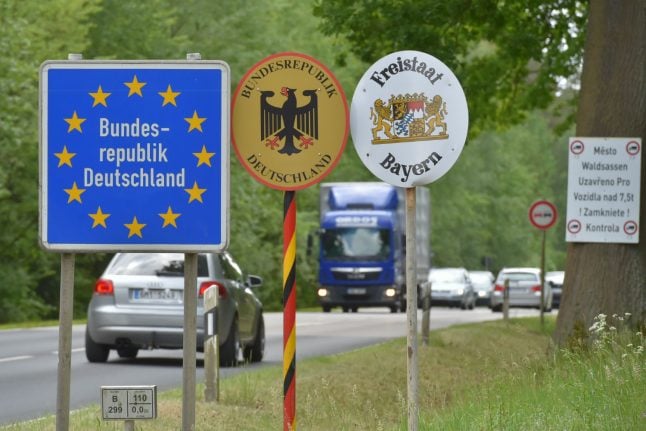The group's national assembly said on Sunday that they had decided to remove language about the “claim to the homeland, winning it back, and the related right of self-determination of the national group” from their constitution, as well as claims for financial compensation.
They also recognized their share of responsibility in the "persecution and murder of Sudeten Germans and Czechs who were hated by the Nazi regime, as well as for the the Holocaust of the Jews in Bohemia, Moravia and Silesia".
Spokesman Bernd Posselt told the Frankfurter Allgemeine Zeitung that he was glad the delegates had agreed to the suggestion he had been making for years.
Now the Association would be "future-proof" and enjoy a stronger "role as a connector in German-Czech dialogue," he said.
Czech Foreign Minister Lubomir Zaoralek welcomed the decision, telling CT television that “this is no surprise – it's one of the conditions for an improvement in relations.”
Sudeten Germans, who formerly lived in northern and western border areas of Czechoslovakia, were exploited by Hitler as a pretext for annexing first part and then all of the country in 1938.
But following the Second World War they, like many other ethnic Germans in Eastern Europe, fled or were driven out of their former homes into the borders of the new Germany.
Around three million Germans left the Sudetenland after the war was over.



 Please whitelist us to continue reading.
Please whitelist us to continue reading.
Member comments